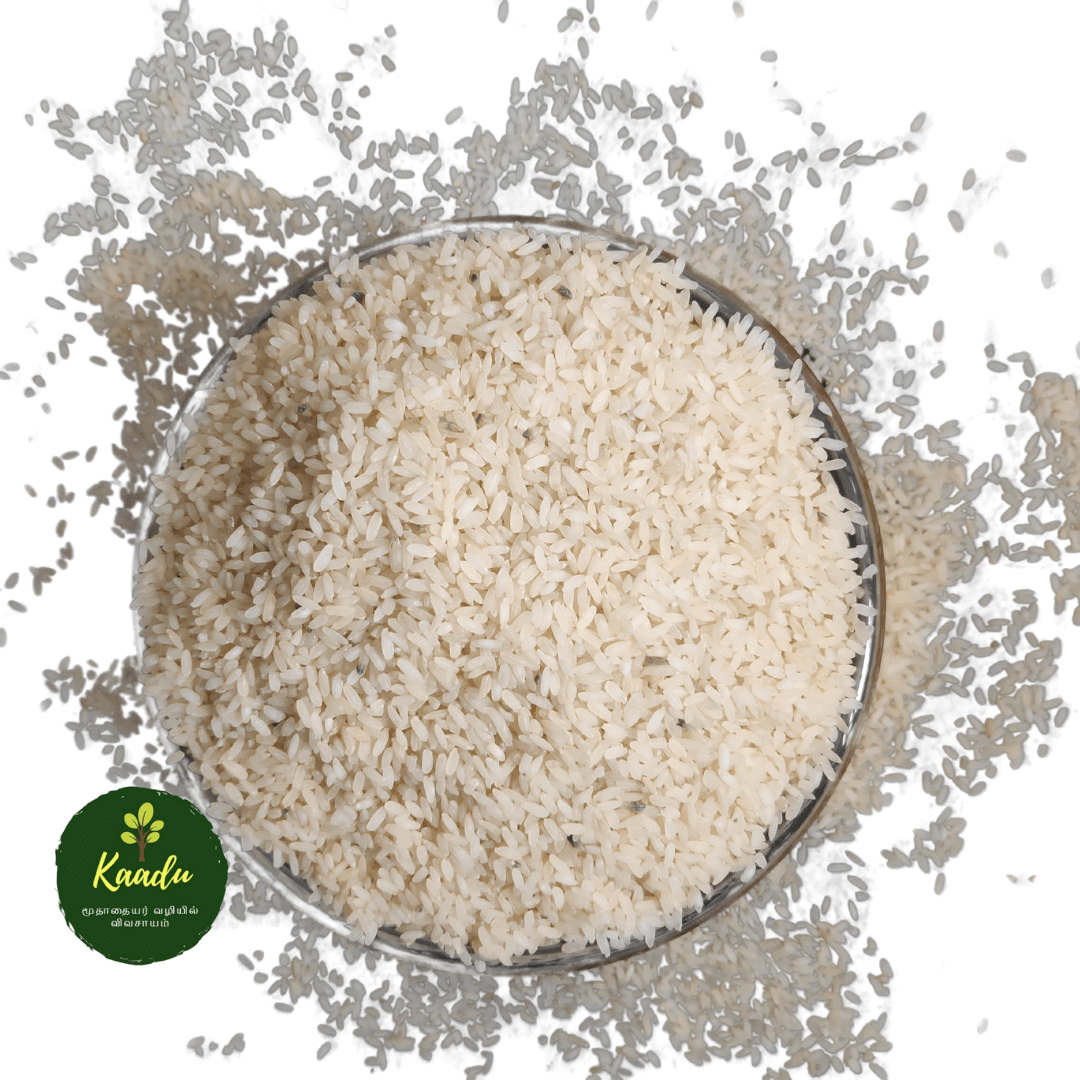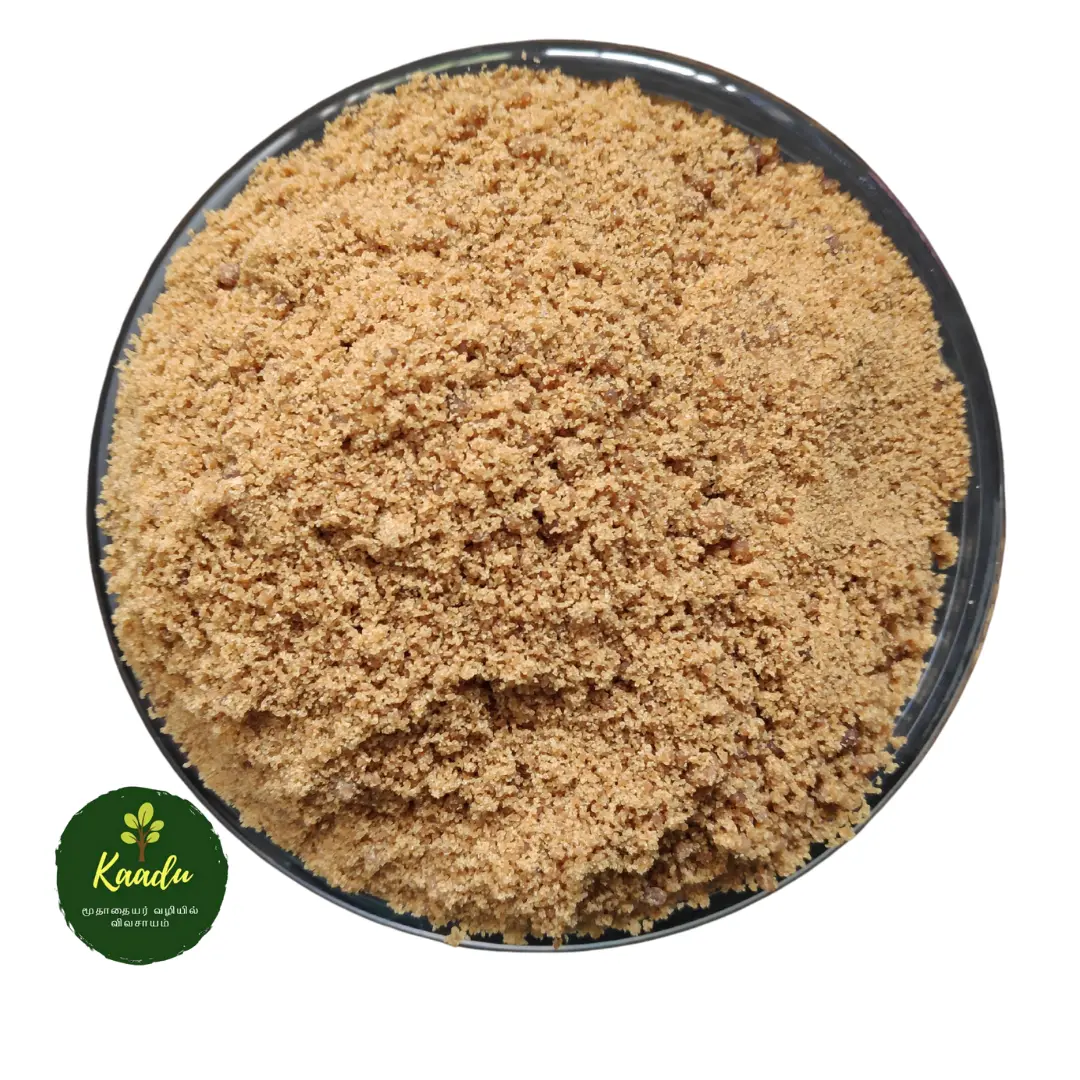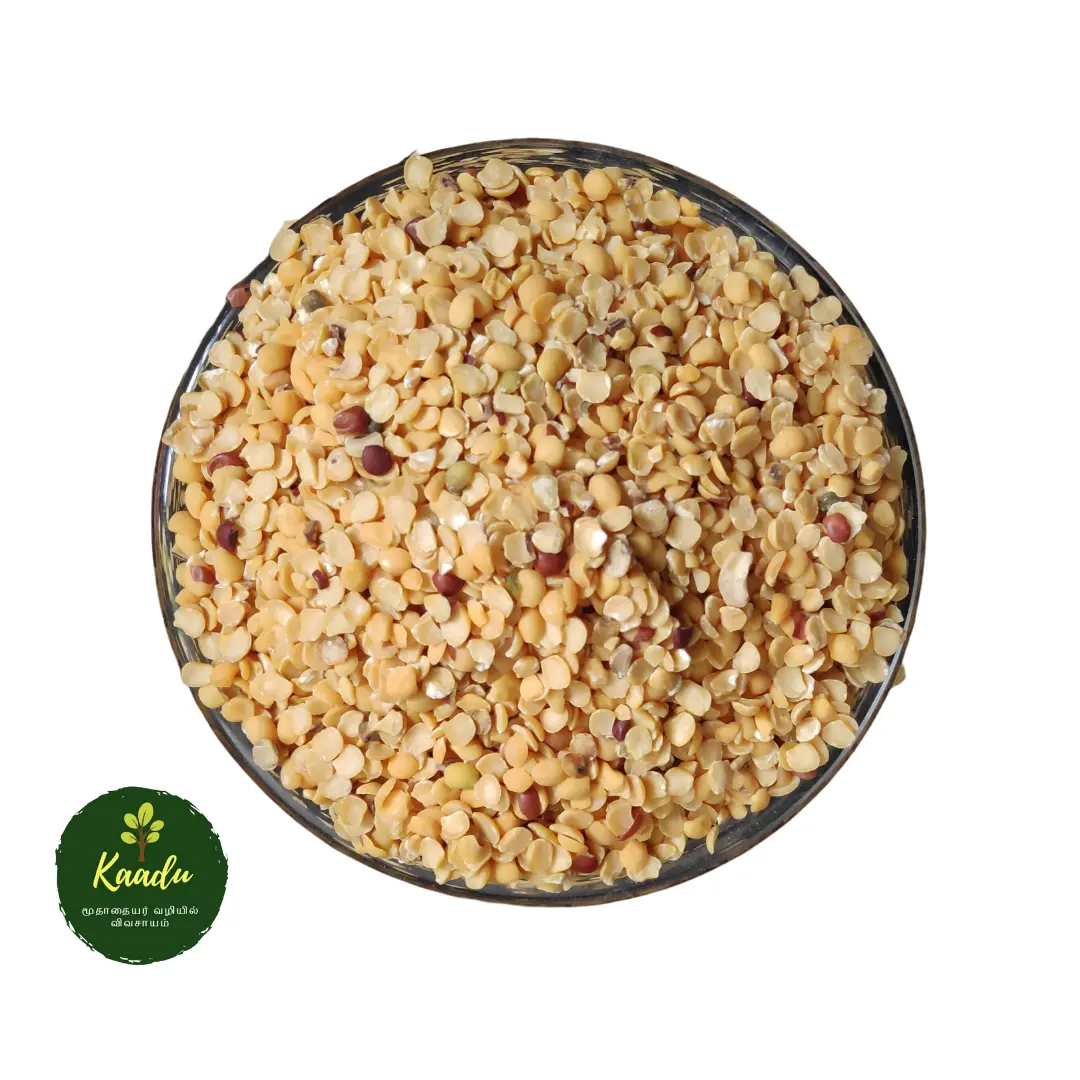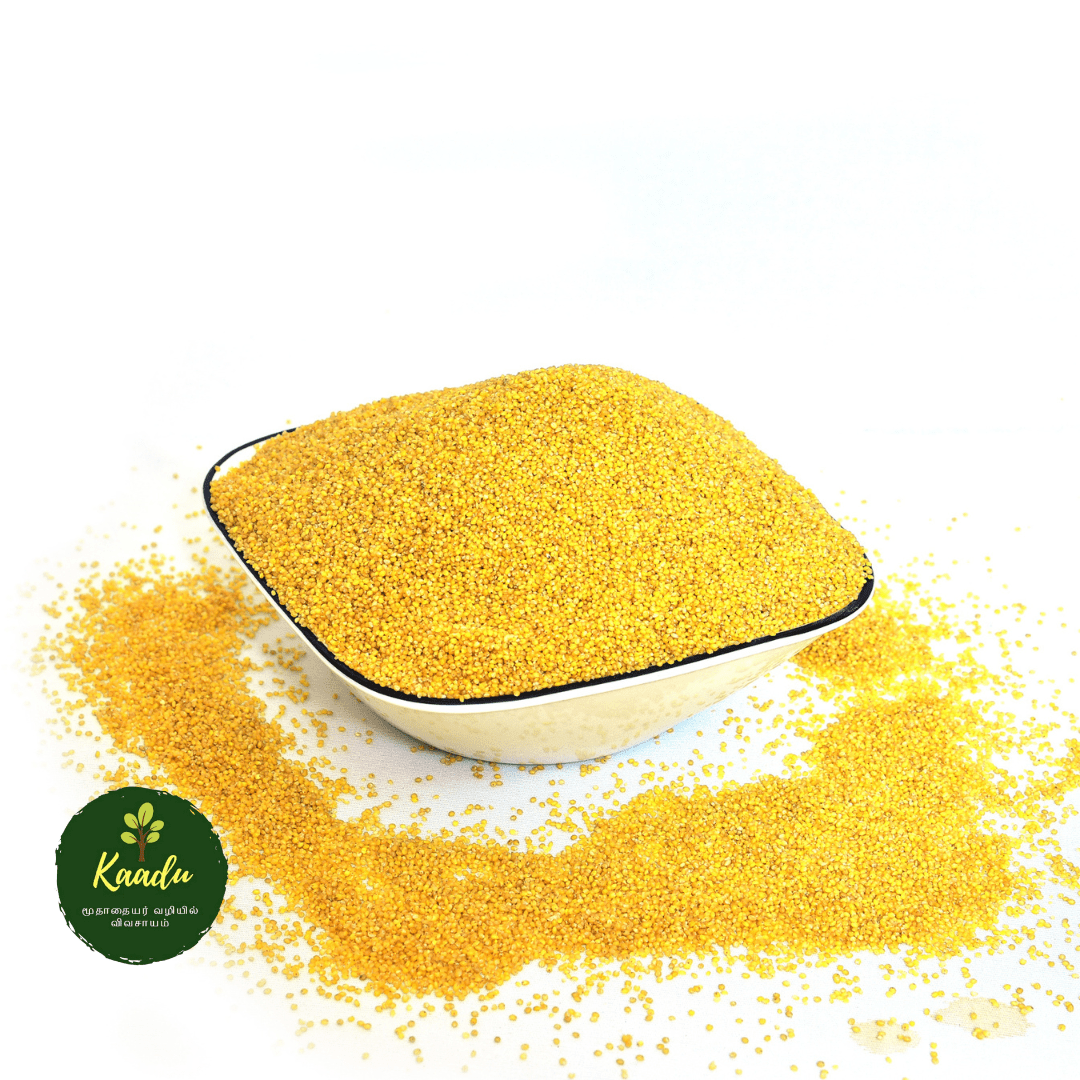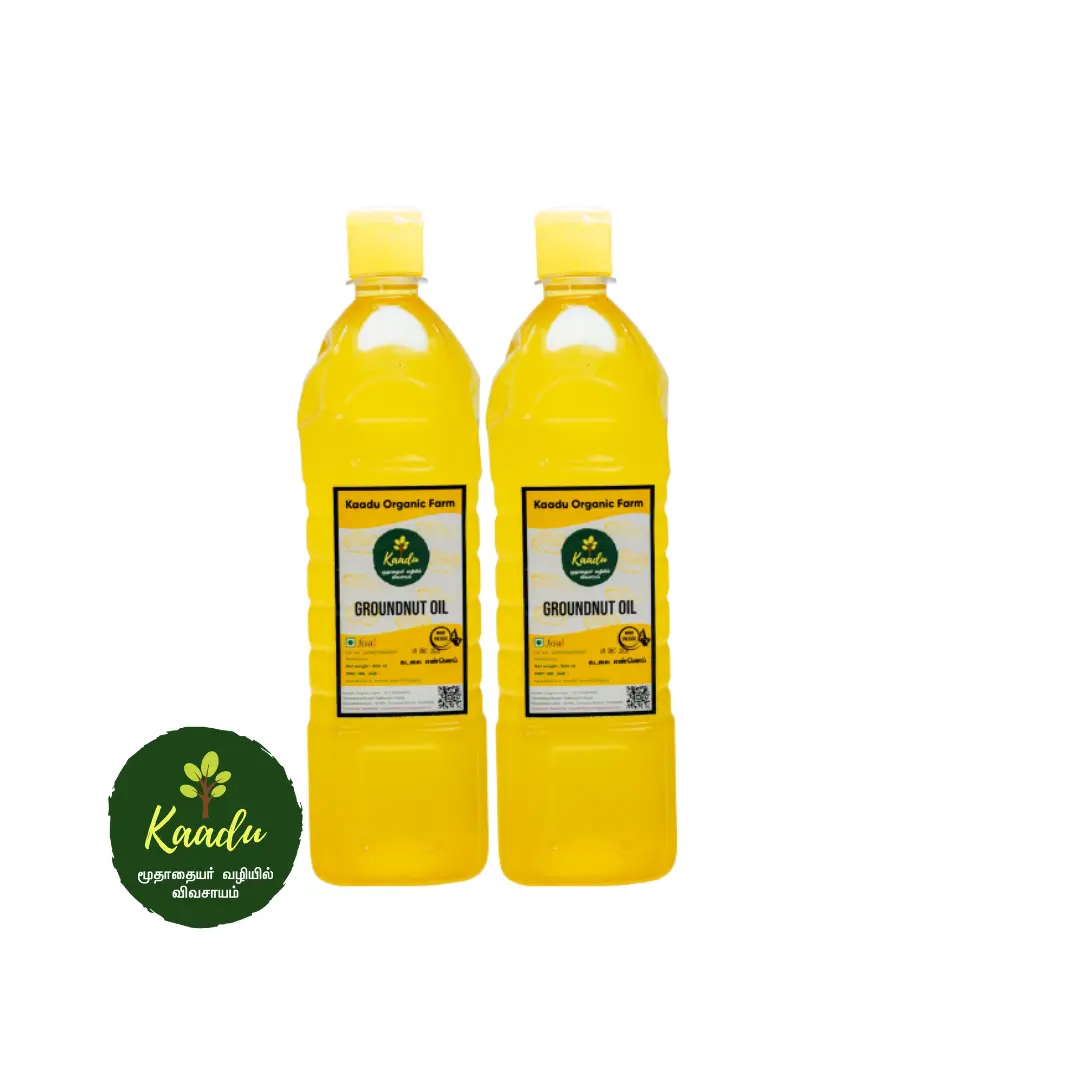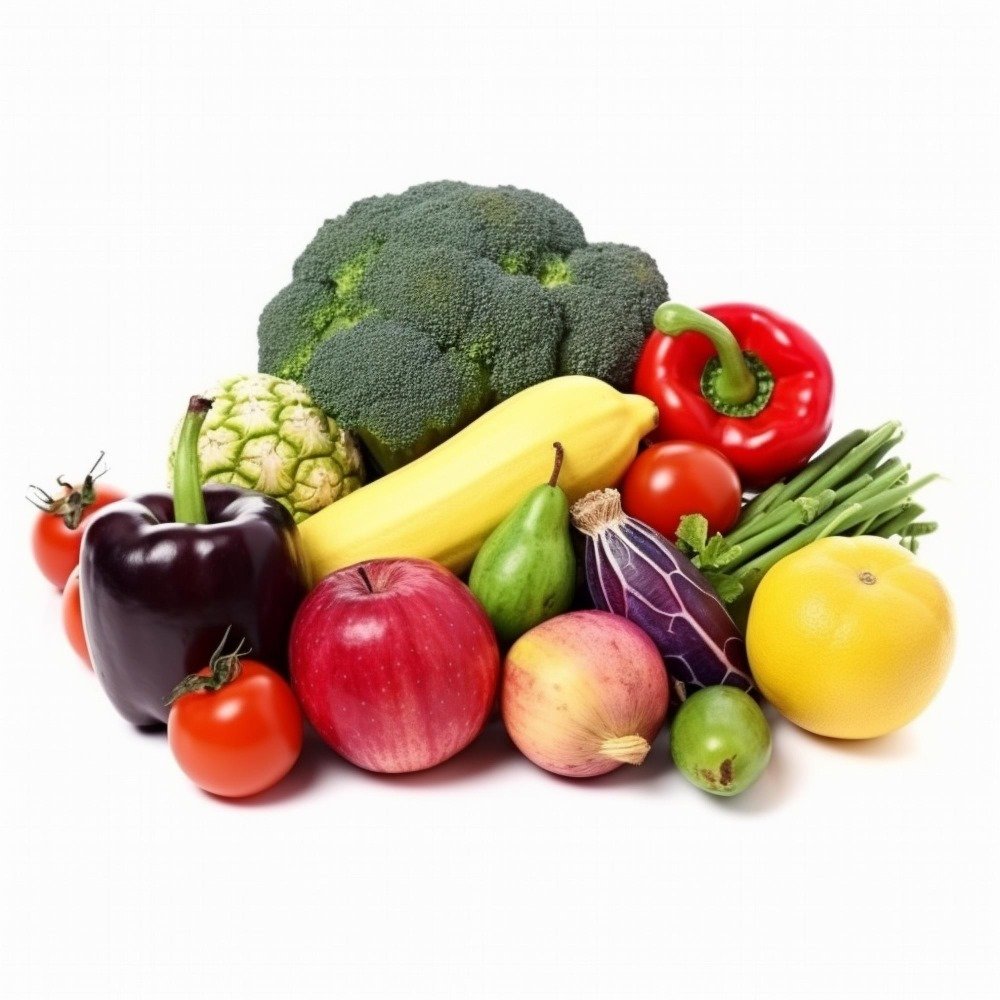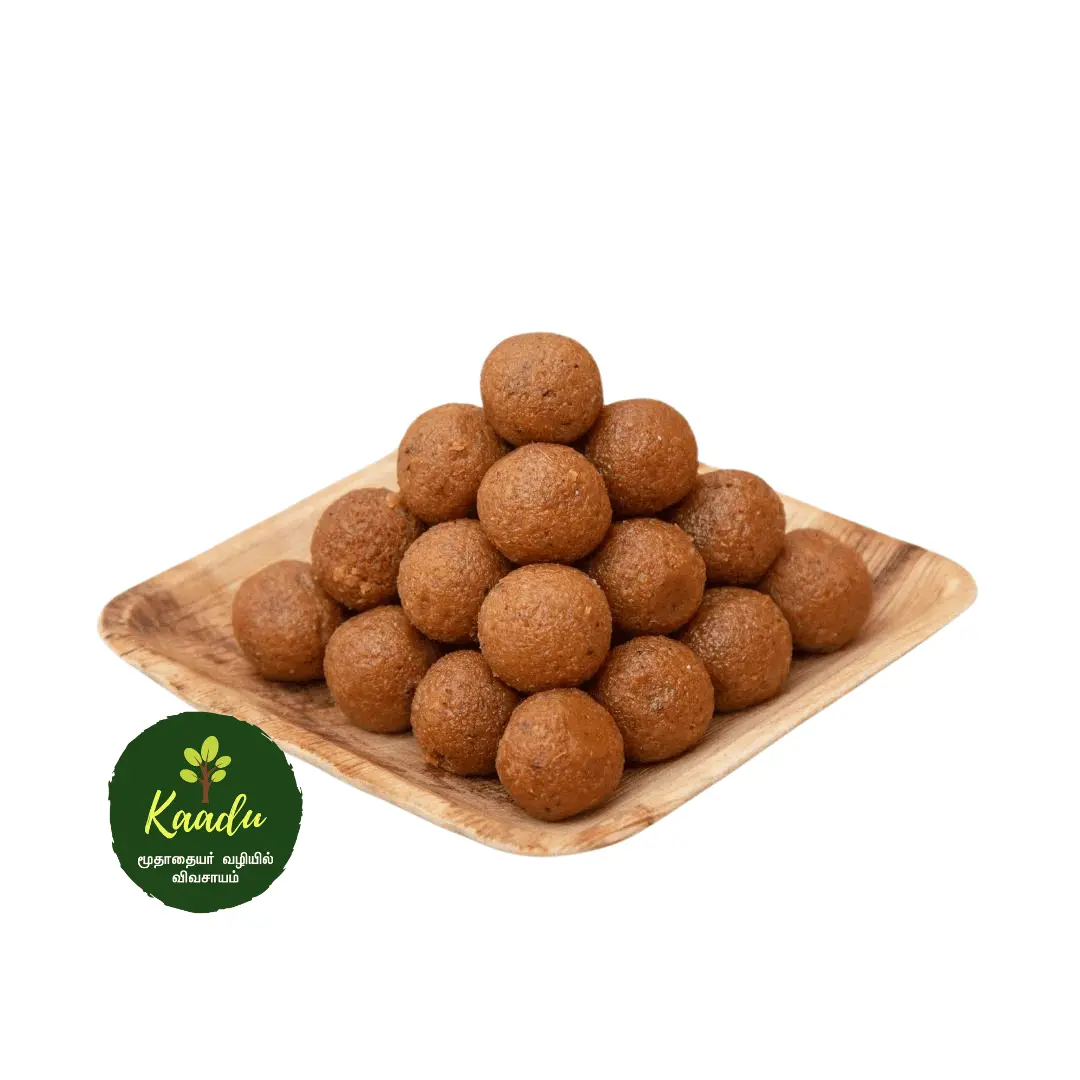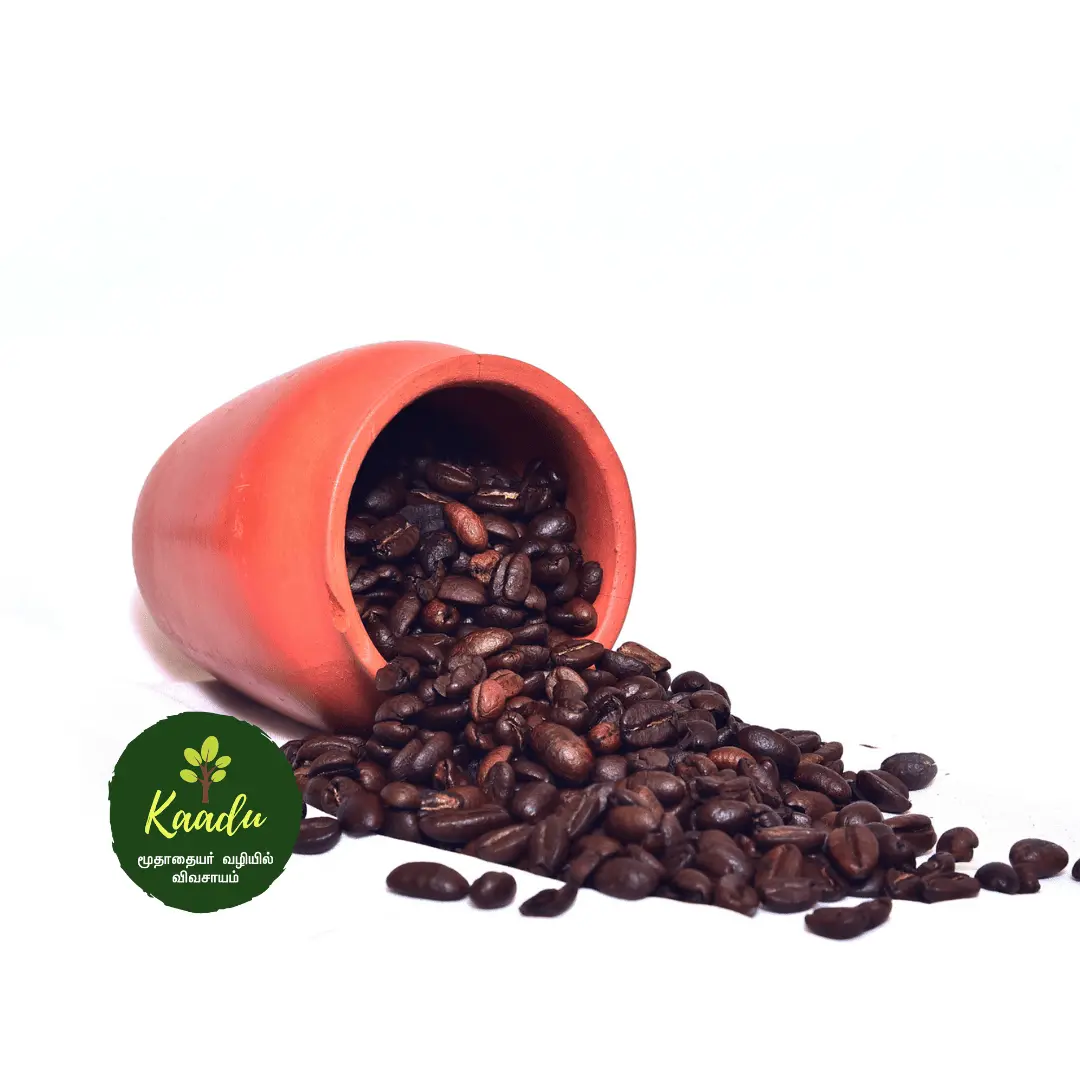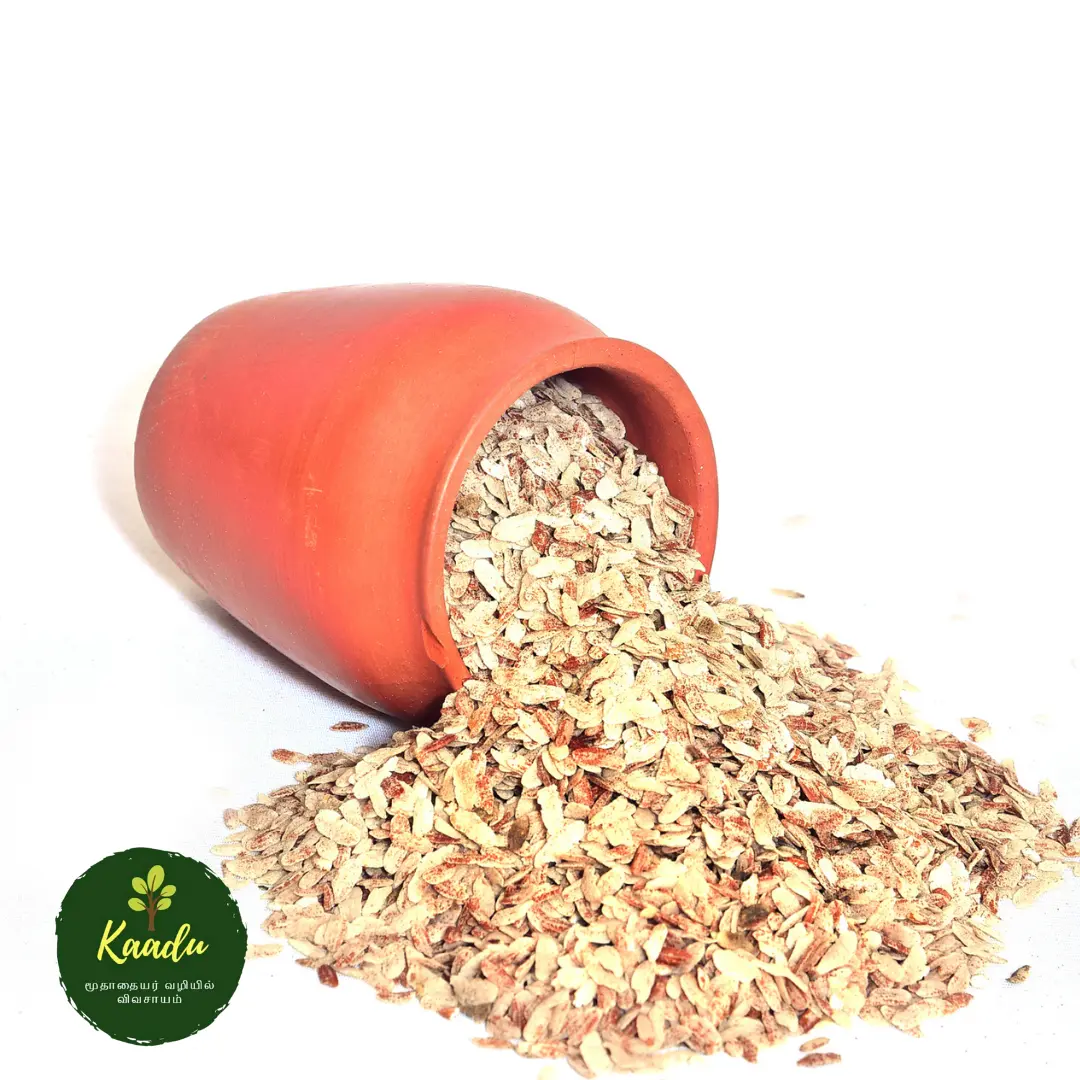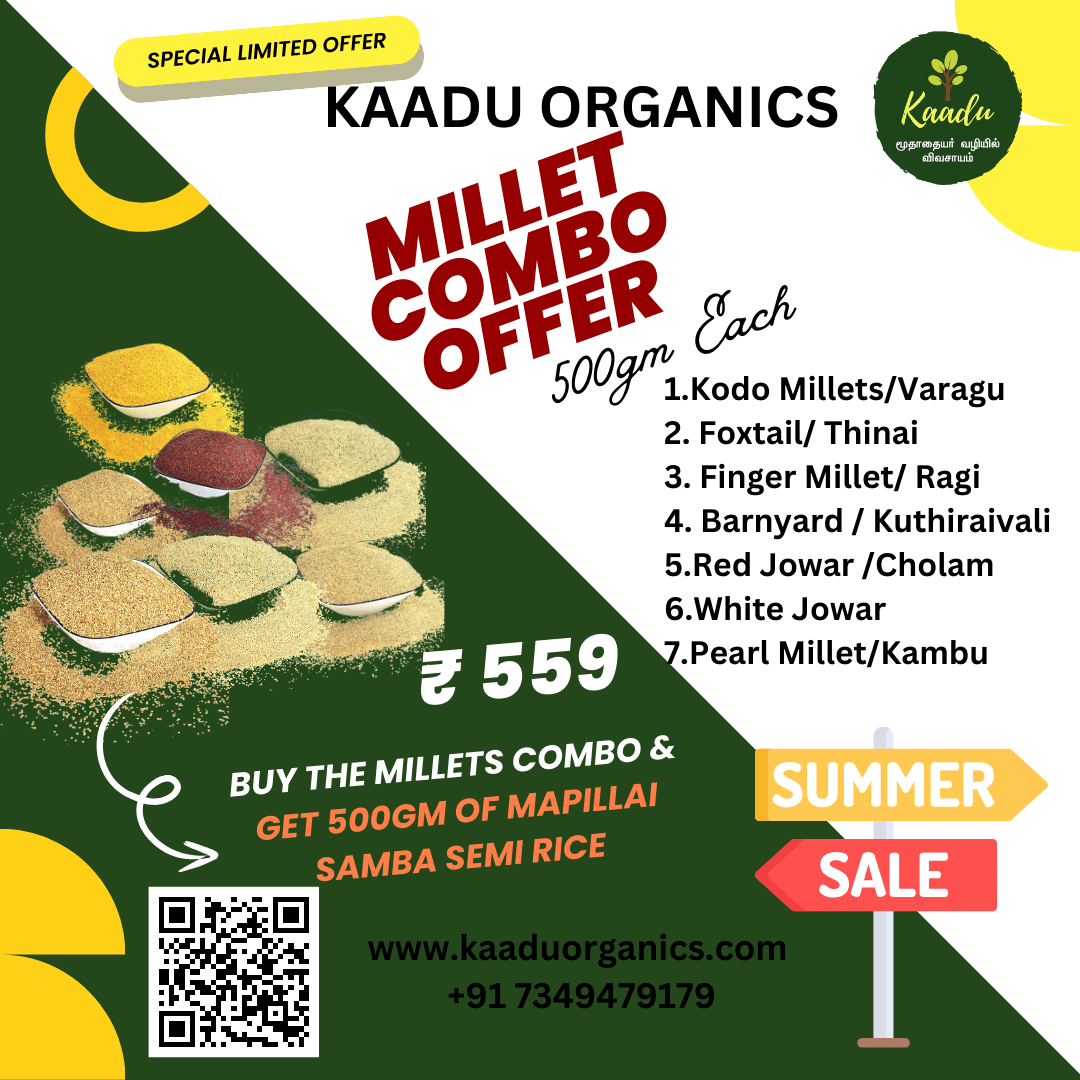A Journey Among the Enchanting Tree Varieties at Kaadu Farm
Introduction:
In a small village in the southern part of India, close to an atomic power station, a young, enthusiastic guy in his early 30’s bought barren land in March 2016. Over to 2023, the same barren land today thrives with over 40+ fruit tree varieties, providing chemical-free food and supporting a healthy ecosystem.
In this coverage, we are happy to share the journey of how this land is now home to various fruit trees, timber trees, and many other species. We showcase how agriculture may thrive in harmony with the environment through precise soil enrichment and natural fertilizers.
we take immense pride in growing our food organically with great passion, but we recognize that we have yet to reach a point where the farm is financially rewarding. Kaadu Organics Farm, founded by Arunkumar Gandhi is happy to share our adventure to discover the benefits of natural farming and the various tree species that can be found on our farm.
Overcoming Challenges in the Early Days:
We started our journey in March 2016 by purchasing 9 acres of barren land. One thing that our founder was clear about was that anything grown on the farm should be free from chemical fertilizers and pesticides. It took almost a year and a half to start growing anything on the farm.
To make other tasks, like choosing trees and where to plant them, simpler, it is crucial to establish the layout of a farm. This activity involves the location of the motor room, Storage yard / room, Sump, type of irrigation to be used, access to the farm, etc.
We decided to test the soil and water before planting any type of tree. According to the results of the soil analysis, we came to know that almost all kinds of trees should flourish, provided we create a microclimate.
Initially, various issues appeared while planting, such as ground levelling, selection of suckers, type of irrigation, etc. Irrigation set up itself is a very lengthy process, detailing out the number of valves, tap, air valve, water out, type of irrigation (Drip, Sprinkler, Rain hose, Channel) etc.
Difficulties encountered, click for the details shared in our social media page : Banana tree
Transitioning Towards Chemical-Free Agriculture:
We have prepared our own natural manures like Panchakavya, Jeevamirtham, Fish Amino acid, five leaf extract etc. Also, we have used organic manures like Azos spirillum, Phosphobacteria, Bio Potash, Pseudomonas, Trichoderma viride etc. These natural fertilizers encourage healthy plant development and boost soil fertility without leaving hazardous chemical residues. How to prepare the natural fertilizers, in case of organic fertilizers – selection of manufacturers, what fertilizers to apply, when to apply, how to use etc were the learnings during this period.
Banana Management – Shoot Strengthening, Weed Removal and Manure Application
Planting of Banana Trees and Introducing Coconut Companions:
In September 2017, our journey began with the planting of 800 banana trees, featuring the Nendren and Yelaki varieties. To maximize space and diversity, we integrated 155 coconut trees with a spacing of 24 by 24 feet between each row and every plant. Also, we have planted one fruit tree for every group of four coconut trees in rectangle shape. The coconut trees varieties are Ethamozhi D*T, Ethamozhi T, Ethamozhi D Orange and Deejay Sampoorna D*T. Marking for pits with 24*24 spacing, Pit size of 3*3, applying of enriched cow dung, neem cake and watered for 15 days using already laid drip irrigation. Sapling bought from the nursery are initially watered using our farm water and then our farm soil applied in all the plants and watered. Pseudomonas and viride are applied to ensure that no bacteria or fungal infections are carried to our farm. We perform these activities for 30 to 45 days to ensure that the plants are adapted to our climate.
In January 2018, with the experience we got from 4 months of activities, we planned to cultivate Red banana. We placed 900 saplings in the Banana Field, arranging the banana trees in an 8 by 8 pattern. Fruit trees were interspersed at 15 by 15 intervals within the field. The learnings from the first banana planting helped a lot to plan better this time.
Committing to a two-year interval of undisturbed organic growth, we refrained from interfering in the banana field, even allowing the mature banana plants to coexist. This inadvertently nurtured a microclimate courtesy of the banana trees, benefiting the adjacent fruit trees.
Check the most recent farm activities here: Maintenance of Coconut tree
Diverse Fruit Tree Collection:
In June 2018, we obtained saplings from nursery based out of Hosur to start our organic/natural farming journey. We managed to plant around 20 to 25 different varieties of trees, including Sapota, Custard apple, Soursop, Rhampal, and more in the red banana area which we have planted on Jan 2018.
Among the fruit trees, the Rambutan and Passion Fruit faced challenges due to inadequate management and maintenance, resulting in the demise of the Passion Fruit and Rambutan.
Subsequently, in May 2022, we acquired saplings from West Bengal. These were used to plant approximately 15 varieties of trees, including Sweet tamarind, Apple, Muzaffarpur Lychee, and others.
Click here to know more about our farm’s tree: Kaadu Organics Farm- Papaya Trees

Varietal Coconut Selection:
Diversifying our coconut grove, we cultivated four distinctive types: Ethamozhi Tall, Ethamozhi Short, DJ Short & Tall, and Ethamozhi Short and Tall. Ceylon Orange Dwarf tree planted in May 2018.
Continuing our commitment to diversity, May 2022 marked the addition of seven new coconut tree varieties, including the Arasampatti Tall and the West Coast Tall. This step emphasized our dedication to embracing a wide spectrum of growth.
Click here to know more about our farm’s tree: Kaadu Organics Farm – Coconut Tree
Fencing with a Flourish:
In March 2018, we planted 20 unique tree varieties, including Manjal Kadampu, Punnai, Pungai, Teak and Red Sandalwood, throughout the boundary of our land. Our commitment to a complex and colorful landscape was represented by this artistic alignment of 700 trees along the fence.
June 2018 witnessed the cultivation of approximately 100 air-layered Drumstick trees, contributing further diversity to our organic environment. The spirit of innovation continued into September 2023, with the addition of special and unique varieties like the Pencil tree, Illupai, and Sorghum.
Our effort produced a successful rotation of 10 different banana tree varieties, overcoming the critics who challenged growth in our hot and humid climate. Fruit production and vegetative growth both increased, demonstrating the durability of our organic techniques.
Next important step is to make a significant effort to succeed commercially. Now we are focusing more on pest management and crop management (Seasonal pruning).

Conclusion:
It took 6 years to transform a barren land into a fertile one with 150 fruit trees, 100 drumstick trees, 2000 banana trees, 400 coconut trees, 100 papaya trees scattered across the farm and about 125 timber trees. In total, our farm has 2750 trees, including banana trees.
Perseverance, enthusiasm, and support from our consumers and well-wishers have made us to come this far. We put a lot of passion and pride to say we grow our food organically, but still have a long way to go before the farm is financially rewarding.
Click here to read more about our journey: Converting barren land into a cultivable land

